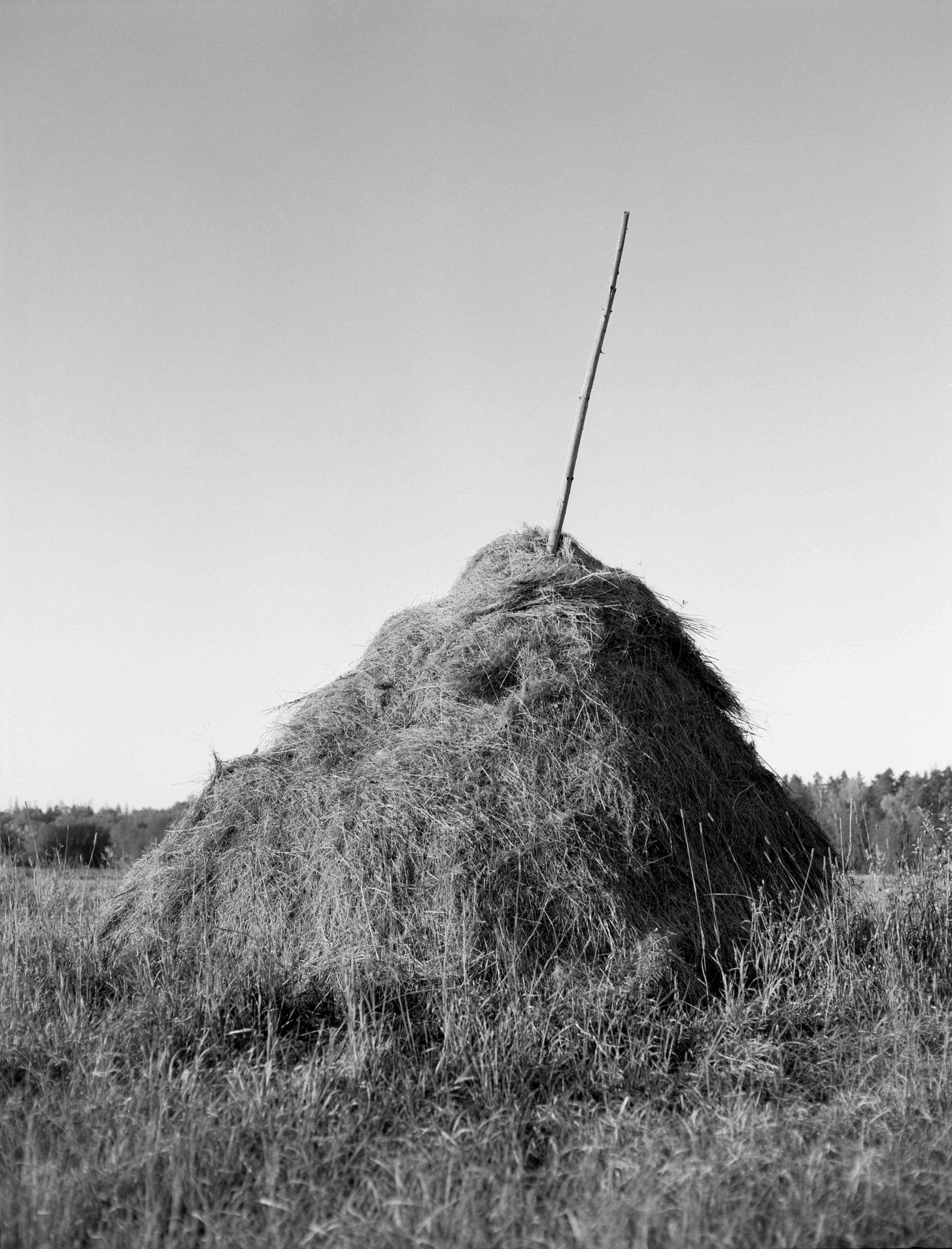When I was young, I never understood why my parents gardened. A curious but impatient child, I would find something romantic about it, rush out to help, and grow bored within minutes. As I went on to play something else, their slow, steady movements remained in the peripheries of my consciousness. Weren’t they antsy and hot? Didn’t their backs hurt? Why did they do this every year, cutting back the dead overgrowth, clearing and tilling, arduously egging on invisible life, then tiny life, into something we could just buy at the grocery store?
The root for our word ‘cultivate’ goes all the way back to the Proto Indo European root *kwel, which means “to revolve, move around, dwell, sojourn.” Dwell is a bit of an outlier here, but the other three connote a precise yet dynamic relationship to place. ‘To sojourn’ means to stay temporarily. To revolve or move around is exactly what the act of cultivating looks like: land becomes a kind of altar we circulate around, giving what we can in the hopes of eventually receiving. Revolving also speaks to the larger revolutions of seasons, of the fact that we can think of cultivate as limited specifically to when we are in action (the preparation, planting, tending, and harvesting), but that perhaps the wiser, more honest way to think about it is that the fallow seasons are also a part of the larger act of cultivation.
Almost always, waiting is a part of future growth. Or put another way: inaction is embedded in action.
*kwel eventually becomes the Latin colere, “to cultivate, inhabit, frequent, practice, respect, tend, guard.” It is one of my favorite Latin roots, because it leads to our word cultivate, but also to ‘culture’ and to ‘cult.’
What do all of these English words share? What concept binds them?
Perhaps there is a clue in the more old fashioned uses of ‘to be cultured’ or ‘to be cultivated.’ In the 21st century, we associate these terms with a slightly antiquated and aristocratic notion of being well travelled and educated in the proper manner. It rings of a society with absolute values rather than relative ones, because we must know what we should grow into before we can cajole ourselves into growing that way.
If we strip the value judgements from it, we are left with a rather beautiful conception of the human being. In this conception, humans are not unlike seeds. They contain within them a specific genetic predisposition (the seed of a rose cannot grow into being a lilac), but how it grows, to what health and magnitude, is entirely dependent on how it is cultivated. We are who we are, but we are also everything we can become. To be cultivated, then, is to tend to this growing, this becoming, with attention and care.
Another way to think about what binds together ‘cultivate’, ‘culture,’ and ‘cult,’ is to return to the significance of ‘revolving around.’ What we orbit is a gravitational point, a binding common denominator. When we try to describe any given culture, whether it’s Japanese, Ugandan, or Peruvian, how do we do it? Generally, by pointing to values that radiate out into behavior and thought paradigms. The values are necessarily vague--what do we mean by Americans being individualistic or the British being proper?--and never universally applicable, but also disconcertingly true. The ‘I’ does reign supreme in the United States: even the act of deconstructing it illuminates how prominent it is. Culture, then, can be understood as the by-product of a people revolving around the same point(s). In the words of Nietzsche, “you can understand a people by understanding the God they bow down to.”
Through this lens, cult is just another step in that direction. We make a leader holy, and develop an identity based around the orbit of this central point. The leader often represents values or ideas, but in general, the human embodiment tends to be a key characteristic of cults. Perhaps this is the fine-grain distinction between cult and culture: cults reach towards values through a human being, whereas culture is a longer time-scale of revolution in which leaders come and go, but the core gravitational point remains the ideas.
Regardless, in the ‘revolving around,’ all three of these words do the same thing: they endow the sacred upon the commonplace. To orbit around something is to invest it with importance. It is a signal of our attention, devotion, and respect. It is also a precondition for growth and for new life.
It is no wonder then, that as an adult, I have made my way back to gardening. With our finite and often blind-sighted time on earth, what could possibly be a more empowering activity then that of cultivation? Whether it is our selves, the groups we align ourselves with, or a patch of land, what is more powerful than the act of giving attention in return for the magic of creation?






